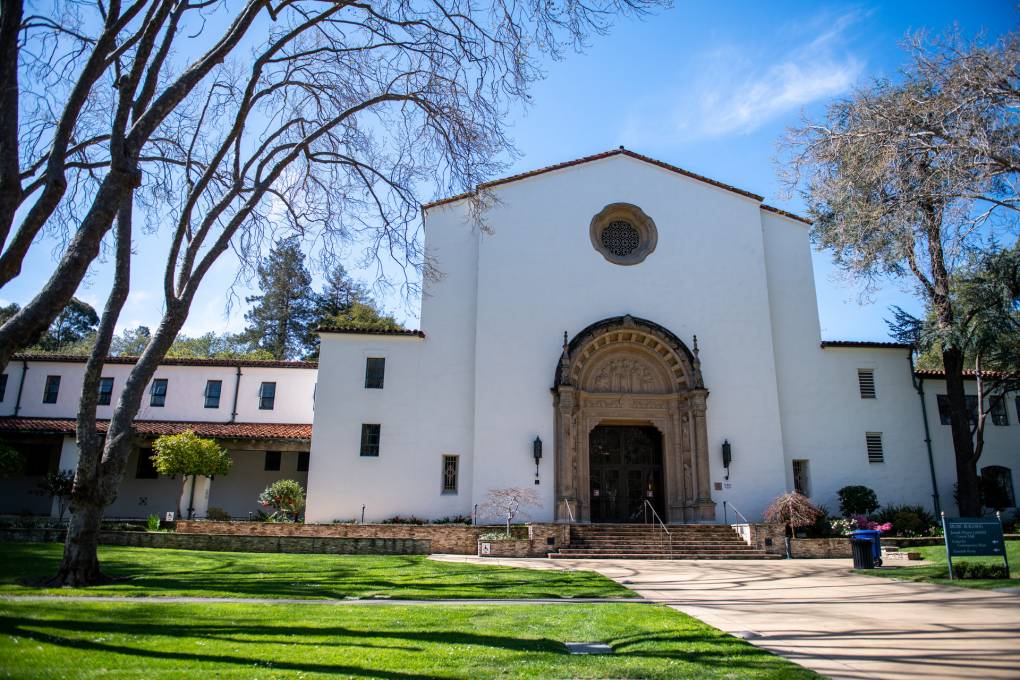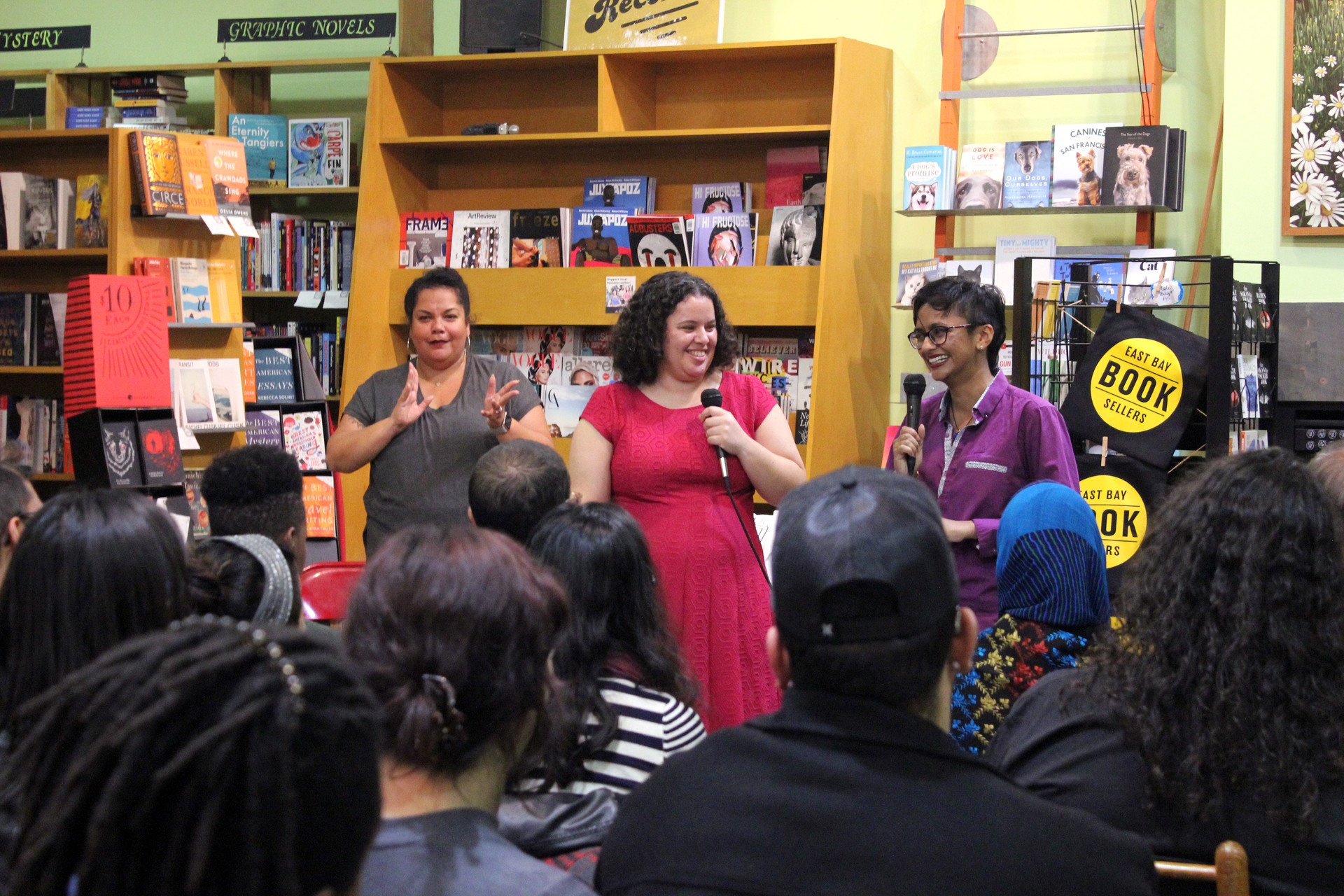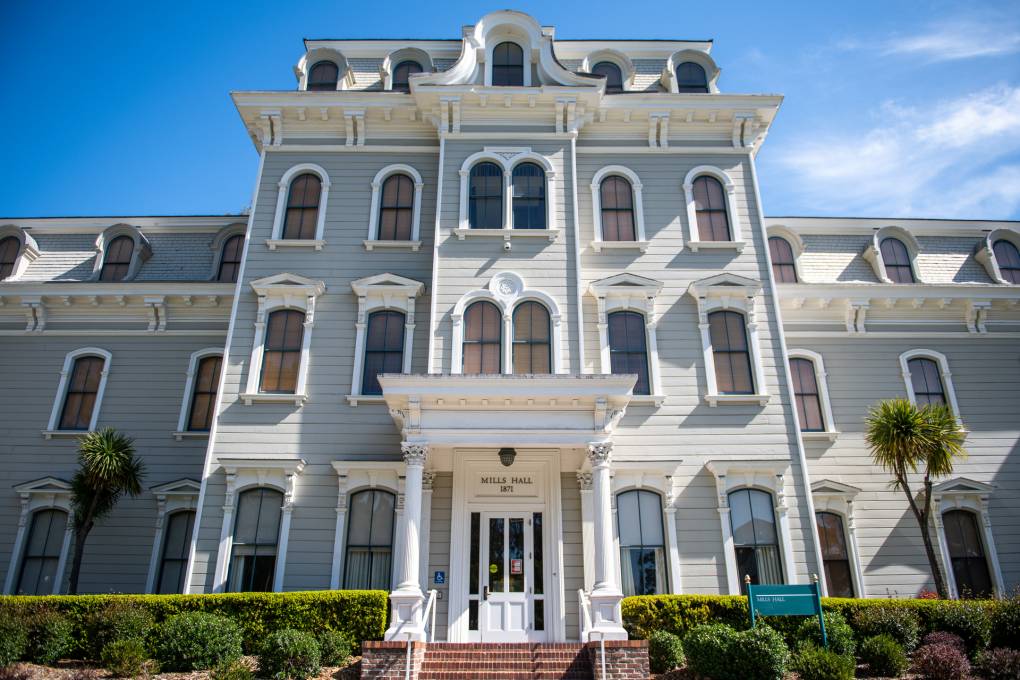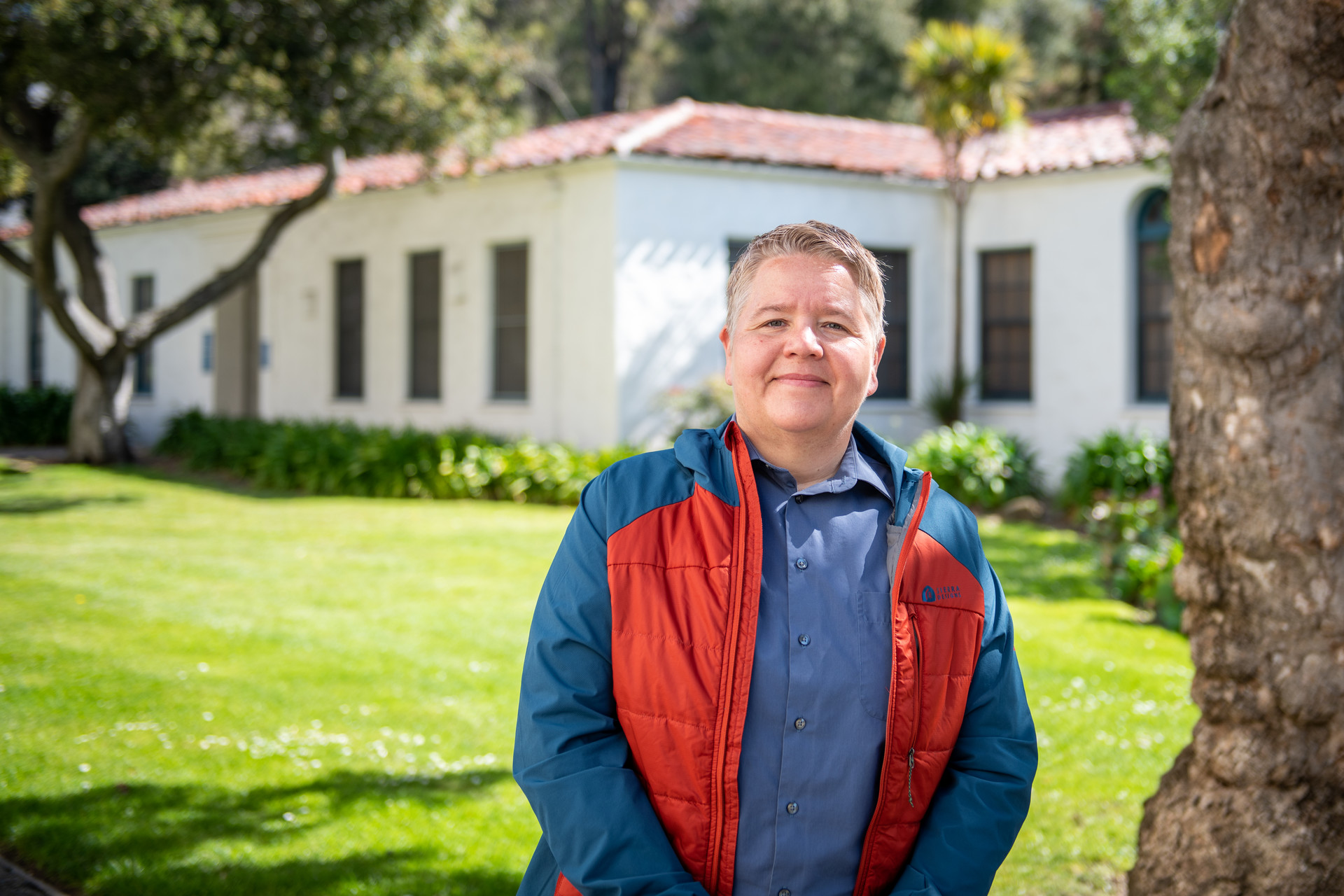In May 1990, Bay Area high school dropout and single mom Ariel Gore was casting about for a place to get her undergraduate degree. She turned on the TV and saw Mills College students protesting a decision to make the historically women’s college based in Oakland co-ed.
“And I was like, ‘Oh, my God! There are feminists at Mills and they’re having a big protest! They look like lesbians! I should go there!” Gore said. “And so I did.”
Gore went on to author more than 10 books and launch Hip Mama, an award-winning magazine about the culture and politics of motherhood. She said she was a natural introvert before she arrived at Mills. The school helped pull her out of her shell and transform her into the opinionated public figure she is today.
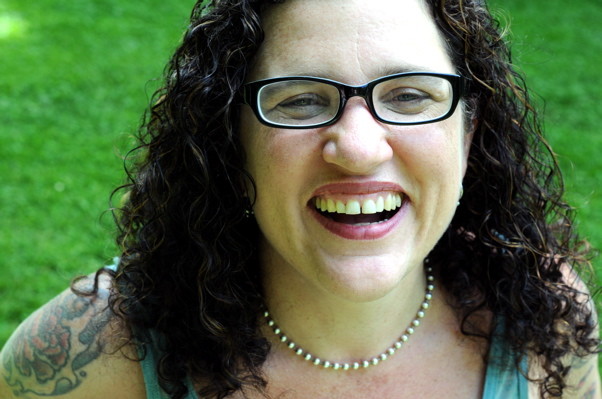
“My sort of invisibility, I could get away with that in a co-ed environment in a way that wasn’t really allowed at Mills,” Gore said. “You know, every professor in these small classes was like, ‘Well, Ariel, what do you think?'”
Gore is among many members of Mills’ large LGBTQ community currently processing the college’s announcement that it will stop granting degrees in 2023, transform itself into a “research institute,” and allow hundreds of UC Berkeley undergrads of all genders to begin living on its campus this fall.
Fearing a unique legacy will be lost, Mills students, alumni and faculty are protesting the changes to the college, which today serves 609 women and non-binary-identifying undergraduates and 352 graduate students of all genders. At a rally outside campus last Friday, more than 100 Mills students and alumni demanded trustees reverse their decision.
